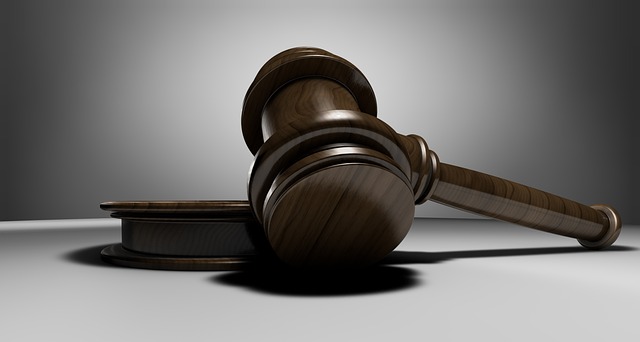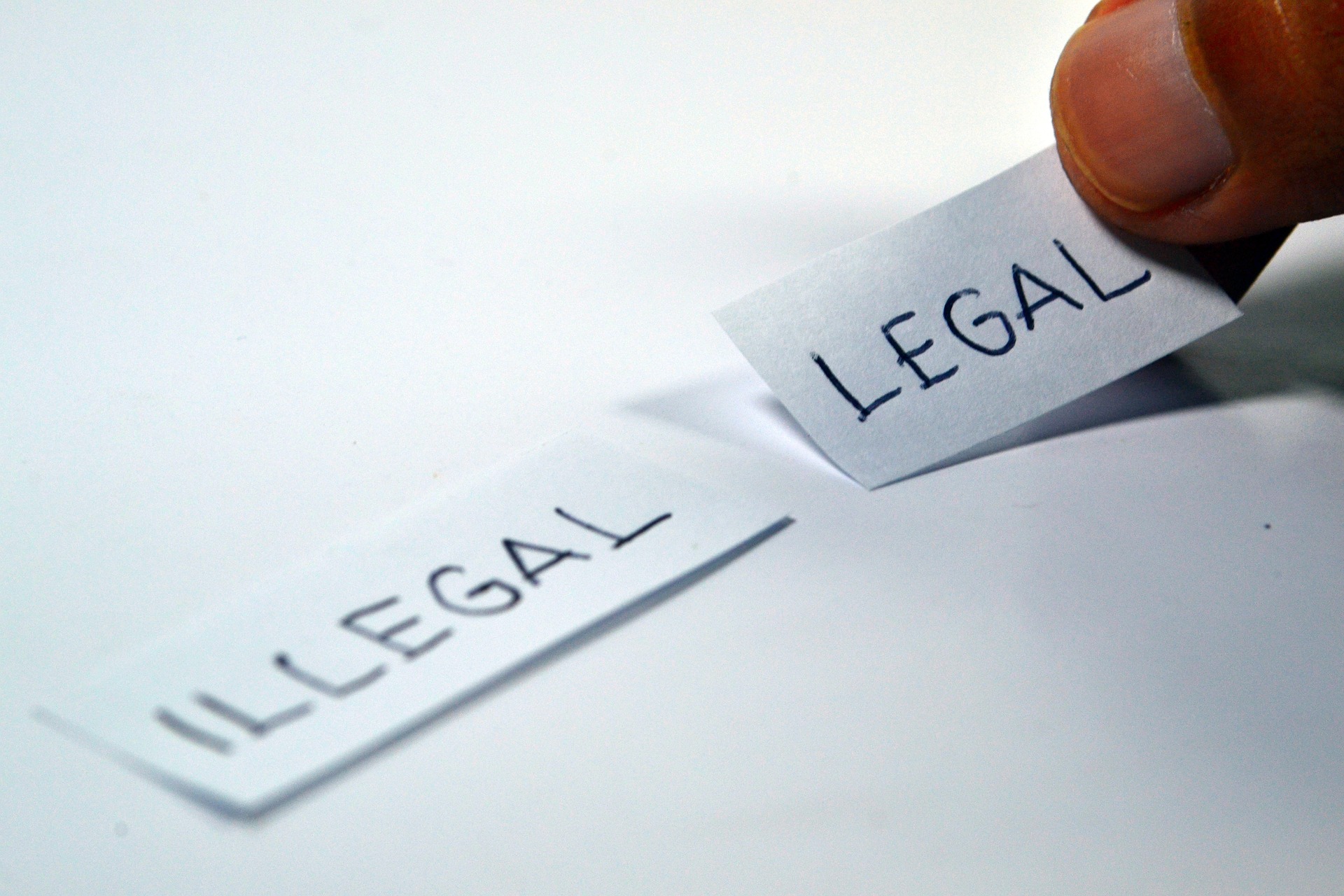The Evolving Landscape of Algorithmic Decision-Making in Law
Introduction: In an era of rapid technological advancement, the legal system is grappling with a new frontier: algorithmic decision-making. This cutting-edge approach to legal processes promises efficiency and consistency but raises profound questions about fairness, transparency, and the future of jurisprudence. As courts and legislators navigate this complex terrain, the implications for justice and due process are far-reaching.

Historical Context and Legal Foundations
The use of data-driven approaches in law is not entirely new. For decades, courts have relied on actuarial tools to inform decisions, particularly in areas like parole and sentencing. However, the advent of machine learning and big data analytics has dramatically expanded the scope and sophistication of these tools. The legal framework for algorithmic decision-making is still in its infancy, with courts and legislators struggling to apply existing laws to this novel technology.
Current Developments and Legislative Responses
Several jurisdictions have begun to implement algorithmic tools in their legal systems, while others have taken a more cautious approach. In 2019, Idaho became the first state to require transparency in pretrial risk assessment algorithms. Meanwhile, the European Union has proposed comprehensive regulations on AI, including strict rules for its use in legal settings. These developments highlight the growing recognition of the need for legal guardrails around algorithmic decision-making.
Challenges and Ethical Considerations
The integration of AI into legal decision-making processes raises significant ethical concerns. Critics argue that these systems may perpetuate or even exacerbate existing biases in the justice system. The “black box” nature of many machine learning algorithms makes it difficult to scrutinize their decision-making processes, potentially violating due process rights. Additionally, there are concerns about the delegation of human judgment to automated systems, particularly in high-stakes legal decisions.
Impact on Legal Practice and Access to Justice
As algorithmic tools become more prevalent, they are reshaping the practice of law. Attorneys must now develop new skills to effectively advocate for their clients in an AI-augmented legal landscape. On the other hand, proponents argue that these technologies could improve access to justice by making legal processes more efficient and cost-effective. However, this potential benefit must be weighed against the risk of creating a “digital divide” in the justice system.
The Role of Human Oversight
Despite the promise of AI, there is a growing consensus that human oversight remains crucial in legal decision-making. Many experts advocate for a “human-in-the-loop” approach, where algorithmic recommendations are subject to meaningful review by judges or other legal professionals. This hybrid model aims to harness the benefits of AI while maintaining the essential human elements of judgment, discretion, and empathy in the legal process.
Future Directions and Policy Implications
As algorithmic decision-making in law continues to evolve, policymakers face the challenge of crafting regulations that promote innovation while safeguarding fundamental legal principles. Some jurisdictions are exploring the creation of specialized courts or agencies to oversee the development and deployment of legal AI. Others are focusing on enhancing algorithmic literacy among legal professionals and the public. The coming years will likely see a surge in case law and legislation addressing the nuances of AI in the courtroom.
Conclusion
The integration of algorithmic decision-making into the legal system represents a transformative moment in the history of law. As this technology continues to advance, it will be crucial for legal professionals, policymakers, and citizens to engage in thoughtful dialogue about its proper role and limitations. By carefully balancing the potential benefits of AI with the fundamental principles of justice and due process, we can work towards a legal system that leverages technology to enhance, rather than undermine, the pursuit of justice.





